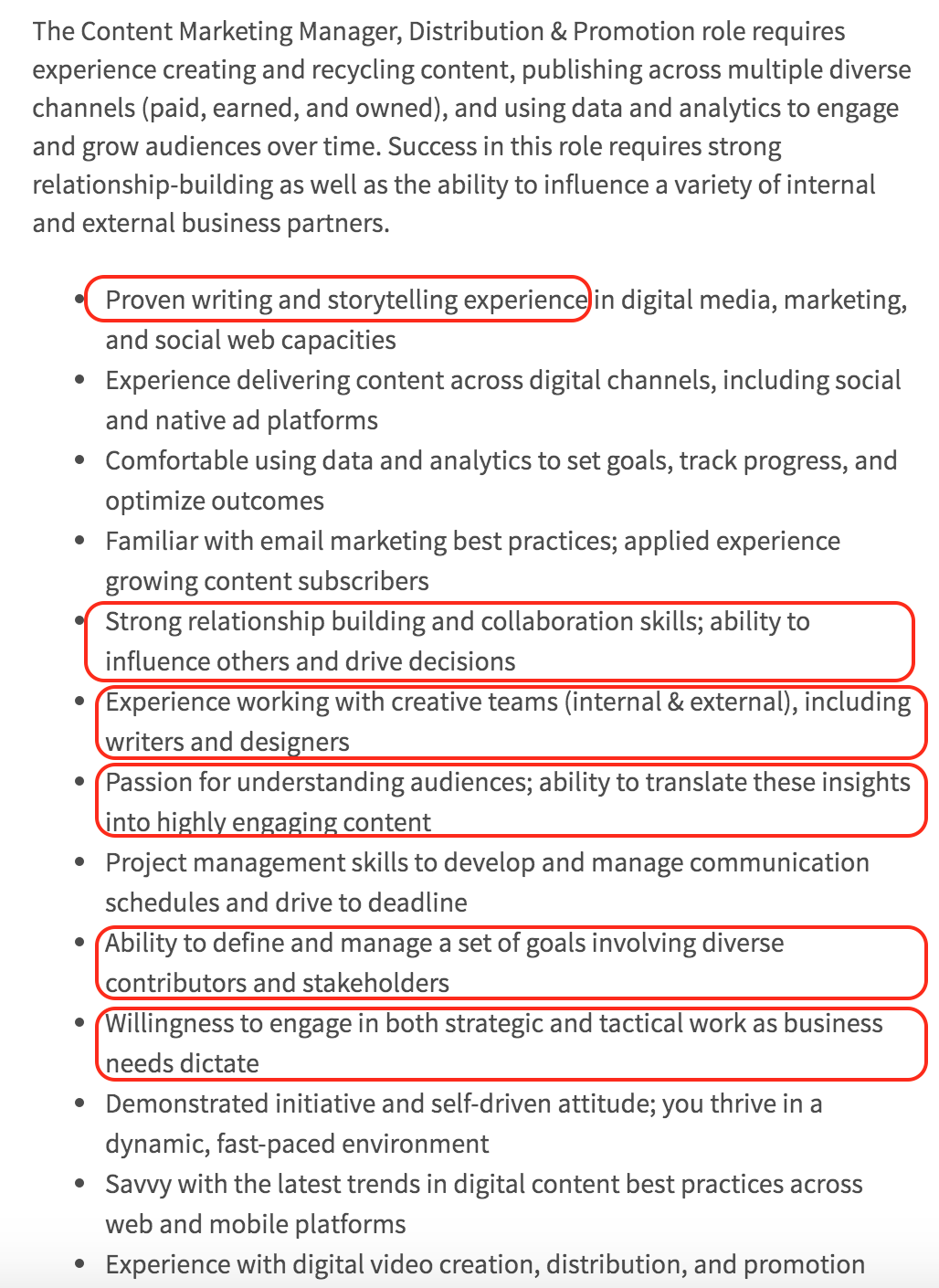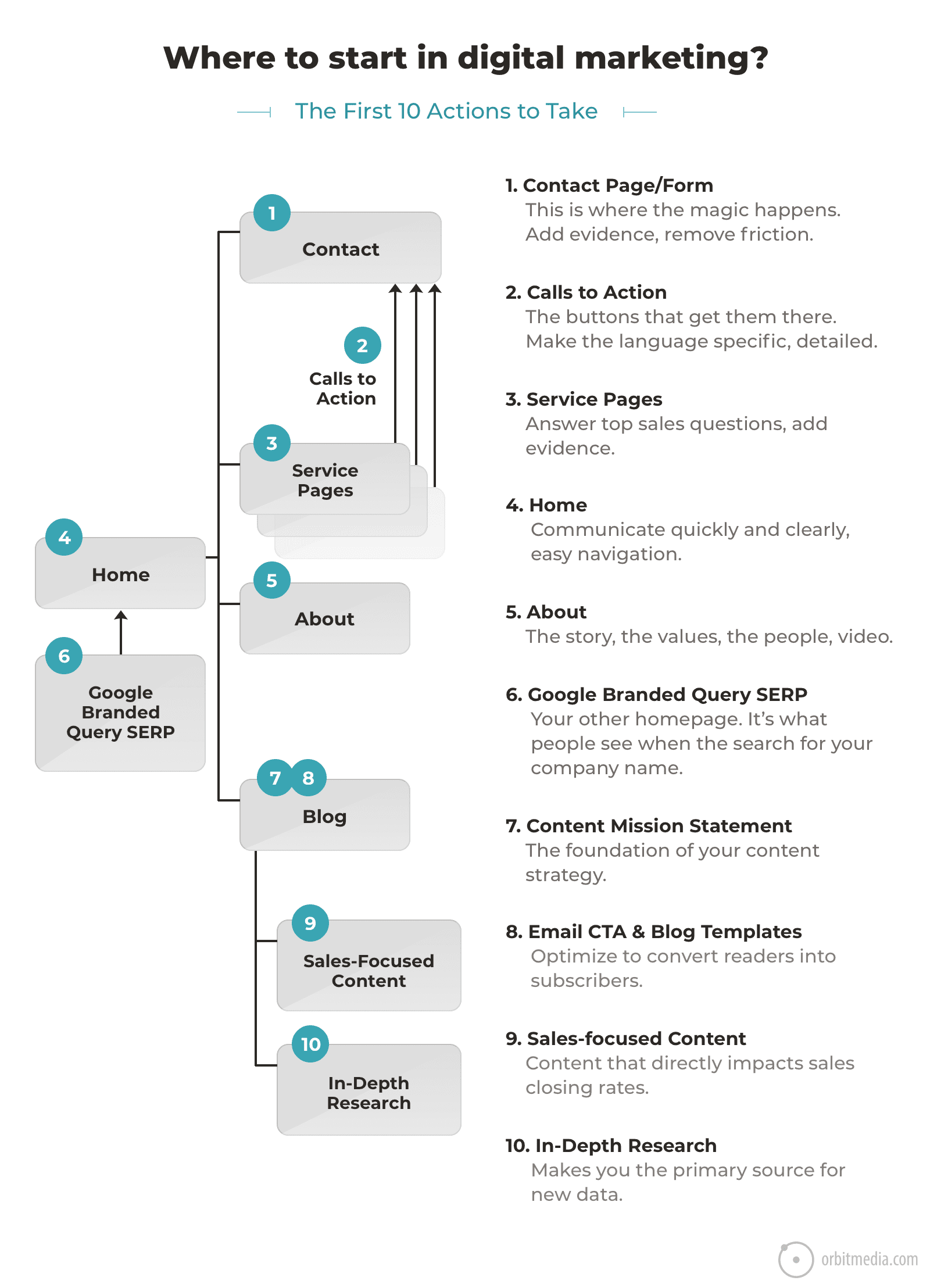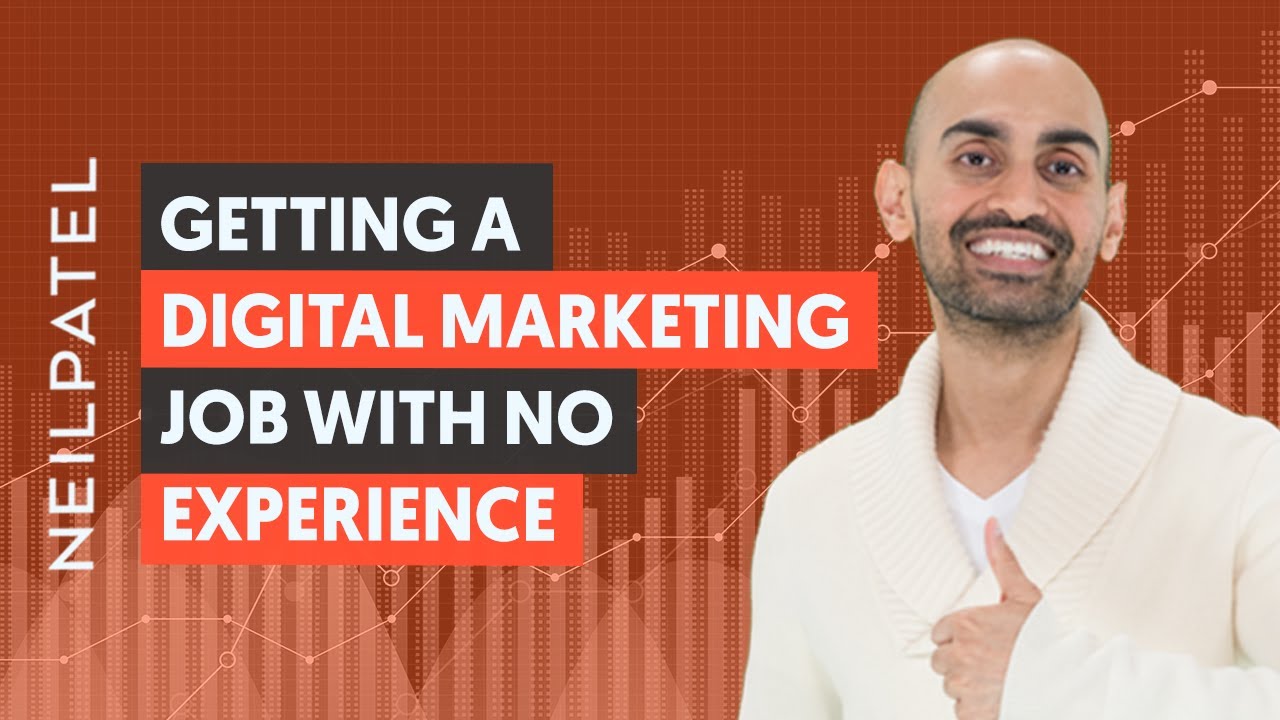Breaking into the marketing industry without prior experience may seem daunting, but it’s entirely achievable with the right approach. Marketing is a dynamic field that values creativity, adaptability, and a willingness to learn. Whether you’re a recent graduate or transitioning from another career, there are practical steps you can take to build a foundation and stand out to potential employers. From gaining relevant skills through online courses and certifications to networking strategically and showcasing your passion through personal projects, this guide will walk you through actionable strategies to land your first marketing job, even if you’re starting from scratch.
How to Land a Marketing Job with No Experience
Landing a marketing job with no prior experience may seem challenging, but it is entirely possible with the right approach. The key is to focus on building relevant skills, gaining practical experience, and showcasing your potential to employers. Below, we break down actionable steps to help you break into the marketing field.
See Also How to Get Started in Marketing & How to Get a Marketing Job?
How to Get Started in Marketing & How to Get a Marketing Job?1. Build a Strong Foundation in Marketing Basics
To start, you need to understand the fundamentals of marketing. Familiarize yourself with core concepts such as SEO, content marketing, social media strategies, and analytics. There are numerous free and paid resources available online, including courses on platforms like Coursera, HubSpot Academy, and Google Digital Garage. By mastering these basics, you can demonstrate your knowledge during interviews and on your resume.
| Resource | Focus Area |
|---|---|
| Coursera | Comprehensive marketing courses |
| HubSpot Academy | Inbound marketing and CRM |
| Google Digital Garage | Digital marketing fundamentals |
2. Gain Practical Experience Through Internships or Freelancing
Even without formal experience, you can gain hands-on knowledge through internships, freelance projects, or volunteer work. Many small businesses and nonprofits are willing to let beginners handle their marketing tasks. This not only builds your resume but also helps you develop a portfolio to showcase your work. Platforms like Upwork and Fiverr are great for finding freelance opportunities.
See Also What the hell do you do with a marketing degree?
What the hell do you do with a marketing degree?| Platform | Opportunity Type |
|---|---|
| Upwork | Freelance marketing projects |
| Fiverr | Gig-based marketing tasks |
| Local Nonprofits | Volunteer marketing roles |
3. Create a Personal Brand and Online Presence
In marketing, your personal brand is your most powerful tool. Start by creating a professional LinkedIn profile and a personal website or blog. Share content related to marketing trends, case studies, or your learning journey. This demonstrates your passion and expertise to potential employers. Additionally, engage with marketing communities on platforms like Twitter and Reddit to network and stay updated.
| Platform | Purpose |
|---|---|
| Professional networking | |
| Personal Blog | Showcase expertise |
| Engage with industry leaders |
4. Network with Industry Professionals
Networking is crucial in the marketing industry. Attend webinars, workshops, and industry events to connect with professionals. Join marketing groups on LinkedIn or Facebook to participate in discussions and learn from others. Don’t hesitate to reach out to professionals for informational interviews to gain insights and advice.
See Also How can/should I pivot out of a marketing role into a different career?
How can/should I pivot out of a marketing role into a different career?| Activity | Benefit |
|---|---|
| Webinars | Learn from experts |
| LinkedIn Groups | Expand your network |
| Informational Interviews | Gain career advice |
5. Tailor Your Resume and Cover Letter for Marketing Roles
When applying for marketing jobs, customize your resume and cover letter to highlight transferable skills and relevant experiences. Emphasize skills like communication, creativity, data analysis, and project management. Use action verbs and quantify achievements where possible, such as Increased social media engagement by 20% through targeted campaigns.
| Resume Section | Key Focus |
|---|---|
| Skills | Highlight marketing-related abilities |
| Experience | Showcase transferable skills |
| Achievements | Quantify results |
Can I do marketing with no experience?

 Which Field of Marketing Typically Pays the Most?
Which Field of Marketing Typically Pays the Most?Can You Start Marketing Without Any Prior Experience?
Yes, you can start marketing without any prior experience. Marketing is a field that values creativity, adaptability, and a willingness to learn. Many successful marketers began with no formal training or background in the industry. Here’s how you can get started:
- Leverage free online resources: Platforms like Google Digital Garage, HubSpot Academy, and Coursera offer free courses on marketing fundamentals.
- Experiment with personal projects: Start by promoting your own blog, social media page, or small business to gain hands-on experience.
- Network with professionals: Join marketing communities on LinkedIn or Facebook to learn from others and gain insights.
What Skills Do You Need to Begin Marketing?
While experience is not mandatory, certain skills can help you succeed in marketing. These include:
- Communication skills: The ability to craft compelling messages and engage with your audience is crucial.
- Analytical thinking: Understanding data and metrics helps you measure the success of your campaigns.
- Creativity: Developing unique ideas and strategies sets you apart in a competitive field.
How Can You Build a Portfolio Without Experience?
Building a portfolio is essential to showcase your skills, even without prior experience. Here’s how:
- Volunteer for small businesses or nonprofits: Offer your marketing services for free to gain real-world experience.
- Create mock campaigns: Design hypothetical marketing strategies for brands you admire to demonstrate your creativity.
- Document your learning journey: Share your progress and results on a blog or social media to build credibility.
What Are the Best Entry-Level Marketing Roles?
If you’re starting with no experience, consider these entry-level roles:
- Social media coordinator: Manage and create content for social media platforms.
- Content writer: Write blogs, articles, or copy for websites and campaigns.
- Marketing assistant: Support marketing teams with administrative tasks and campaign execution.
How Can You Stay Updated in the Marketing Field?
Marketing is a dynamic field, and staying updated is crucial. Here’s how:
- Follow industry blogs: Websites like HubSpot, Moz, and Neil Patel provide valuable insights and trends.
- Attend webinars and workshops: These events offer practical knowledge and networking opportunities.
- Subscribe to newsletters: Stay informed about the latest tools, strategies, and case studies in marketing.
Do you need experience for a marketing job?

Is Experience Necessary for Entry-Level Marketing Jobs?
For entry-level marketing jobs, experience is not always a strict requirement. Many employers focus on educational background, soft skills, and potential rather than extensive work experience. However, having some experience, even through internships or academic projects, can significantly enhance your chances of securing a position.
- Internships: Completing internships during college can provide practical experience and make you a more competitive candidate.
- Academic Projects: Marketing-related coursework or group projects can demonstrate your understanding of key concepts.
- Volunteer Work: Volunteering for non-profits or small businesses can help you gain hands-on experience in marketing tasks.
How Important is Experience for Mid-Level Marketing Roles?
For mid-level marketing roles, experience becomes increasingly important. Employers typically look for candidates who have a proven track record in executing marketing strategies and managing campaigns. A combination of industry experience and specialized skills is often required.
- Campaign Management: Experience in managing successful marketing campaigns is crucial.
- Industry Knowledge: Familiarity with the specific industry can give you an edge over other candidates.
- Leadership Skills: Demonstrated ability to lead teams or projects is often a key requirement.
Can Certifications Compensate for Lack of Experience in Marketing?
Certifications can be a valuable way to compensate for a lack of experience, especially in digital marketing. They demonstrate a commitment to learning and can provide you with specialized knowledge that may be directly applicable to the job.
- Google Ads Certification: Shows proficiency in managing online advertising campaigns.
- HubSpot Content Marketing Certification: Validates your skills in content creation and strategy.
- Facebook Blueprint Certification: Demonstrates expertise in social media marketing on Facebook and Instagram.
What Types of Experience Are Most Valued in Marketing?
In the marketing field, certain types of experience are highly valued by employers. These include digital marketing, data analysis, and content creation. Experience in these areas can make you a more versatile and effective marketer.
- Digital Marketing: Skills in SEO, PPC, and social media marketing are in high demand.
- Data Analysis: Ability to interpret data and make data-driven decisions is crucial.
- Content Creation: Experience in creating engaging content for various platforms is highly valued.
How Can You Gain Marketing Experience Without a Formal Job?
Gaining marketing experience without a formal job is entirely possible through various alternative methods. These methods can help you build a portfolio and develop skills that are attractive to potential employers.
- Freelancing: Taking on freelance projects can provide real-world experience and build your portfolio.
- Personal Projects: Starting a blog, YouTube channel, or social media account can help you practice marketing skills.
- Networking: Attending industry events and connecting with professionals can lead to opportunities for hands-on experience.
How to interview for a marketing position with no experience?

How to Prepare for a Marketing Interview with No Experience
When preparing for a marketing interview with no prior experience, focus on showcasing your transferable skills and enthusiasm for the field. Research the company and its marketing strategies to demonstrate your interest. Here’s how to prepare effectively:
- Research the company: Understand their mission, values, and recent marketing campaigns.
- Learn marketing basics: Familiarize yourself with key concepts like SEO, content marketing, and social media strategies.
- Highlight transferable skills: Emphasize skills like communication, creativity, and analytical thinking from previous roles or education.
How to Answer Common Marketing Interview Questions
Even without direct experience, you can answer marketing-related questions by focusing on your problem-solving abilities and willingness to learn. Prepare for common questions like:
- Why do you want to work in marketing? Share your passion for creativity and connecting with audiences.
- How would you approach a new marketing campaign? Outline a basic strategy, such as identifying the target audience and setting measurable goals.
- What marketing tools or platforms are you familiar with? Mention any exposure to tools like Google Analytics or social media platforms.
How to Showcase Transferable Skills in a Marketing Interview
Transferable skills are crucial when you lack direct marketing experience. Focus on how your previous roles or education have equipped you with relevant abilities:
- Communication: Highlight your ability to craft clear messages and collaborate with teams.
- Creativity: Provide examples of innovative solutions or projects you’ve worked on.
- Analytical thinking: Discuss how you’ve used data to make decisions or solve problems.
How to Demonstrate Enthusiasm and Willingness to Learn
Employers value candidates who show genuine interest and a proactive attitude. Here’s how to convey your enthusiasm:
- Ask insightful questions: Inquire about the company’s marketing challenges and future goals.
- Share personal projects: Mention any self-initiated marketing efforts, like managing a blog or social media account.
- Express eagerness to grow: Emphasize your commitment to learning and adapting in the marketing field.
How to Build a Strong Resume for a Marketing Role Without Experience
Your resume should highlight your potential and relevant skills, even if you lack formal marketing experience. Follow these steps:
- Include a strong summary: Write a concise statement that highlights your passion for marketing and transferable skills.
- Focus on achievements: List accomplishments from previous roles that demonstrate skills like teamwork or project management.
- Add relevant coursework or certifications: Mention any marketing-related classes or online courses you’ve completed.
How to start marketing from zero?

Understanding Your Target Audience
To start marketing from zero, the first step is to understand your target audience. This involves identifying who your potential customers are, their needs, preferences, and pain points. Conducting market research is crucial at this stage.
- Define your audience demographics: Age, gender, location, income level, and education.
- Analyze their behavior: What are their buying habits, online activities, and preferred communication channels?
- Identify their pain points: What problems do they face that your product or service can solve?
Creating a Unique Value Proposition
Once you understand your audience, the next step is to create a unique value proposition (UVP). Your UVP should clearly communicate why your product or service is different and better than the competition.
- Highlight key benefits: What specific benefits does your product or service offer?
- Differentiate from competitors: What makes your offering unique?
- Keep it simple and clear: Ensure your UVP is easy to understand and resonates with your audience.
Building an Online Presence
In today’s digital age, having a strong online presence is essential for marketing success. This involves creating a website and leveraging social media platforms to reach your audience.
- Develop a professional website: Ensure it is user-friendly, mobile-responsive, and optimized for search engines.
- Utilize social media: Choose platforms where your target audience is most active and engage with them regularly.
- Create valuable content: Share blog posts, videos, and infographics that provide value to your audience.
Implementing a Content Marketing Strategy
Content marketing is a powerful tool to attract and engage your audience. It involves creating and distributing valuable, relevant, and consistent content to attract and retain a clearly defined audience.
- Develop a content calendar: Plan your content in advance to ensure consistency.
- Focus on quality over quantity: Create high-quality content that addresses your audience’s needs and interests.
- Promote your content: Use social media, email marketing, and SEO to increase visibility.
Leveraging Email Marketing
Email marketing remains one of the most effective ways to reach and engage your audience. It allows you to build relationships and drive conversions directly.
- Build an email list: Collect email addresses through your website, social media, and other channels.
- Segment your audience: Tailor your emails based on different segments of your audience for better engagement.
- Create compelling email content: Use personalized subject lines, clear calls-to-action, and valuable content to encourage opens and clicks.
Frequently Asked Questions from Our Community
How can I start a marketing career with no prior experience?
Starting a marketing career with no experience requires a combination of self-education, networking, and practical application. Begin by learning the basics of marketing through free or paid online courses, such as those offered by platforms like Coursera, HubSpot Academy, or Google Digital Garage. Focus on understanding key concepts like SEO, content marketing, and social media strategies. Additionally, consider volunteering or interning to gain hands-on experience, even if it's unpaid. Building a portfolio with small projects, such as managing a friend's social media account or creating a blog, can also showcase your skills to potential employers.
What skills are essential for landing an entry-level marketing job?
To secure an entry-level marketing job, you need a mix of technical and soft skills. Key technical skills include proficiency in digital marketing tools (e.g., Google Analytics, Hootsuite, or Canva), basic knowledge of data analysis, and familiarity with content creation. Soft skills like communication, creativity, and adaptability are equally important. Employers also value candidates who demonstrate a willingness to learn and stay updated on industry trends. Highlighting these skills in your resume and during interviews can significantly improve your chances of landing a job.
How important is networking for breaking into marketing without experience?
Networking is crucial for entering the marketing field, especially when you lack experience. Building relationships with professionals in the industry can open doors to opportunities that aren't advertised publicly. Attend industry events, join online marketing communities, and connect with professionals on platforms like LinkedIn. Don't hesitate to reach out to people for informational interviews to learn about their career paths and seek advice. Often, referrals from your network can lead to internships, freelance gigs, or even full-time roles.
Can certifications help me get a marketing job with no experience?
Yes, certifications can play a significant role in helping you stand out when you have no prior experience. Certifications from reputable organizations, such as Google Ads, HubSpot, or Facebook Blueprint, demonstrate your commitment to learning and your proficiency in specific marketing areas. They also provide practical knowledge that you can apply in real-world scenarios. Including these certifications on your resume and LinkedIn profile can make you a more attractive candidate to employers looking for entry-level talent.
Leave a Reply


Articles of interest